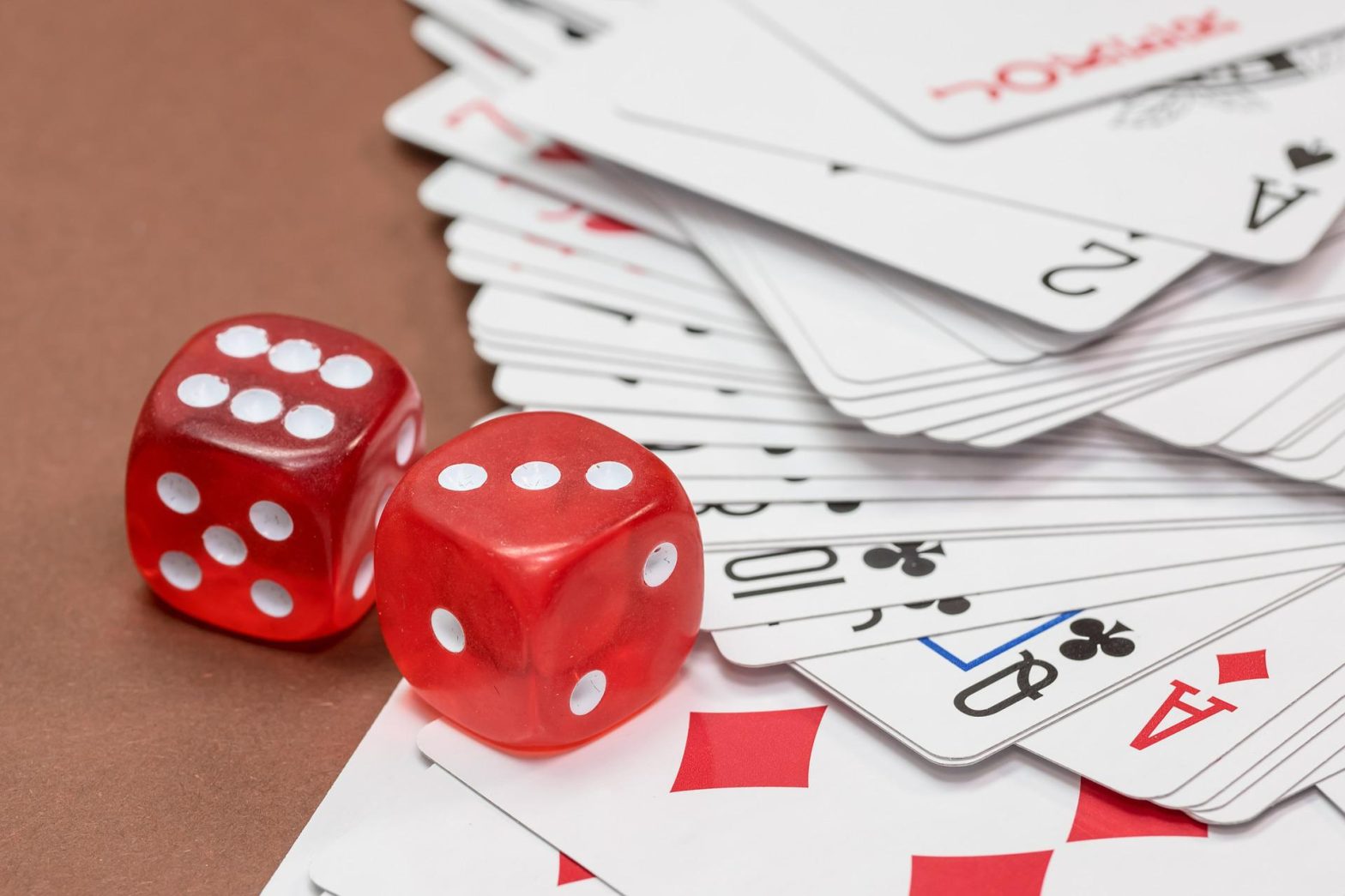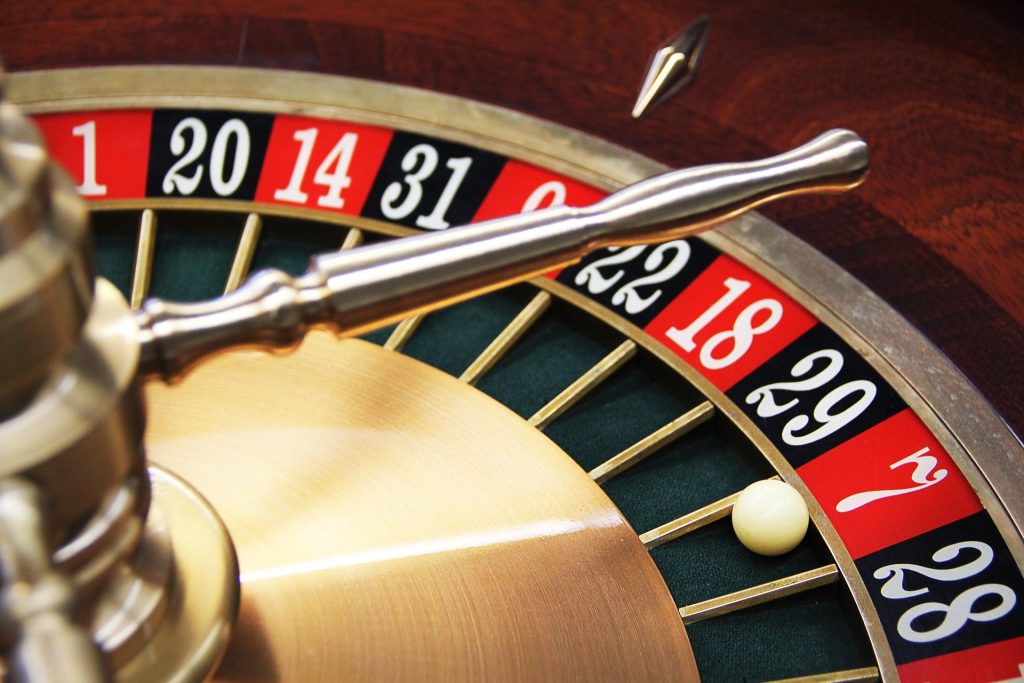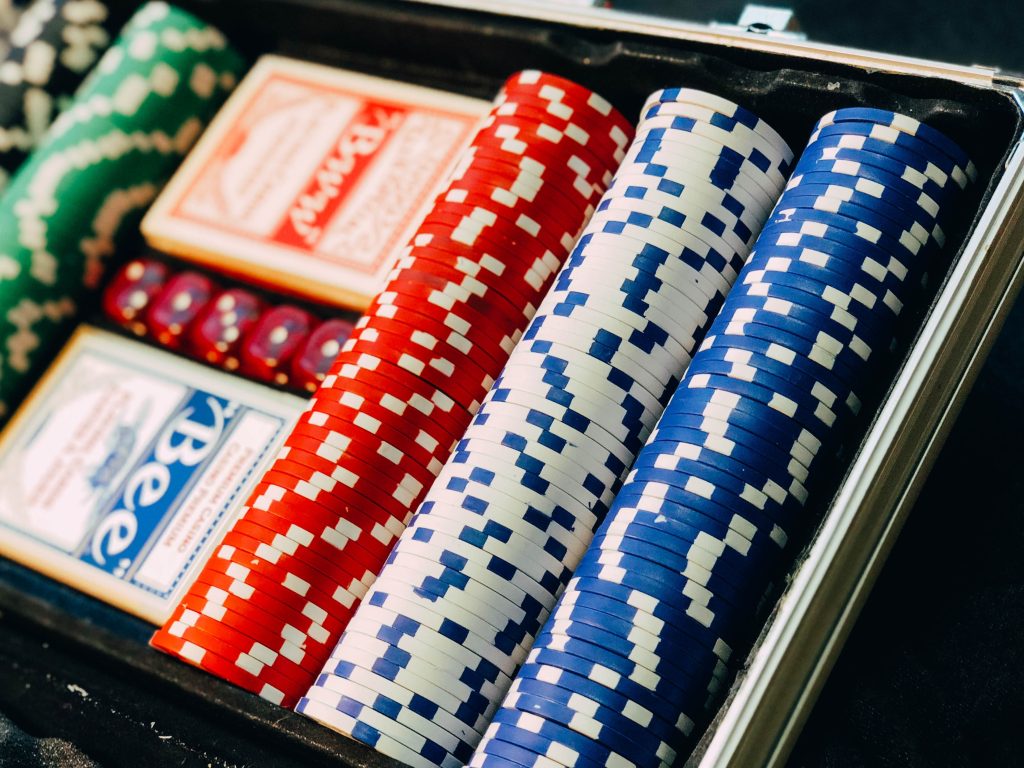Here’s how to win at the casino

We know that in the long run the house wins, but what happens in the short run? We tell you with an analysis of a real session at the San Remo casino
We did the exercise of analyzing 38 consecutive rounds of live roulette at the San Remo casino. Medialive’s gaming platform allows you to view who bet (showing the nickname), how much they bet, who won, and how much they won.
We will use this data to dispel some myths still circulating about roulette (especially live ones) and to show albeit on a small scale what happens at the roulette table. Sure 38 rounds seem few, but it is still an hour of play at the table and is more than enough to understand the dynamics of the game and the players.
Does the dealer win or lose?
It loses. At least in this range of hits, the dealer ended up down by as much as €1691. Even reaching a minimum of -2178 € and a maximum of only -2.5 €. Basically it has always been under.
Strange isn’t it? Well not really, there is a logical explanation. At the table there was a high roller i.e. a player who was betting high and who, coincidentally at the end of the 38 rounds was winning 2008 €. In fact if we go to analyze the behavior of the table by removing the high roller, the situation changes dramatically as seen in the table below.
A single player playing high can change the fortunes of the dealer.
Considering only players who bet in the range of 1 to 25 pieces, thus a more balanced table, the table would have closed with a + €632
An eye on the payout

In the last column we entered the payout value, which is the percentage of money returned to the player. This unit of measurement for gambling is in vogue today and is often misinterpreted (read “When Payout Becomes Peyote”) and has also become a method of casinos to propagandize and delude the player.
In roulette, the theoretical payout is 97.3 percent. As can be seen without considering the high-roller the table won more than it should have. Does this mean that live roulette is rigged as the plotters claim? No, simply that more people lost. In fact considering all players the payout of this roulette is positive. That is, the table paid out more than it collected.
Of course, as is often the case with cumulative counts, a high payout does not necessarily mean that everyone who played won. In most cases there are some who won more than others. As in slots, a jackpot for an individual raises the payout for everyone.
Who wins and who loses
Let us then look at how the players performed.
In the 38 rounds analyzed, 25 different players bet at the table, 9 won, 14 lost, and 2 tied. Below is a table with the results, for convenience we have named them with the letters of the alphabet.
First we notice the imbalance of the table, only three players developed three-quarters of the total game volume. And this is a situation that casinos abhor, because anything can happen at these junctures, from big losses to big wins.
But who has won the most?
Returning to the payout we see how there are players who made the most of their capital with more than 200% of their bets. Player E cashed out €70 but is the one who capitalized best with a 225% payout. If he had played with A’s capital he would have gone home with more than 2000€ instead of 70€.
The same goes for player G, who despite cashing only €9.5 in only two hits more than doubled his invested capital.
There is no doubt that player A with an asset of 2008€ is the champion of the evening, but if we look at the pieces he had the same performance as player G (ratio of pieces wagered/pieces won). Of course if they had been at the casino player G would have won a pizza, while for A a nice weekend in the suite with a gala dinner.
Capital counts
One is quick to envy A, but he played an average of 230€ per hit exactly as many as D bet in total during that hour of play.
Here then emerges another law of roulette, if you want to win big money you have to risk big money. In the si table of results you can also see how similar percentage payouts give proportional balances to the chips wagered.
The important thing is always to know how to stop

In the last column we have entered the maximum balance achieved by each player.
We see that there are players who started out losing and never got back up, others managed to break even, while there are as many as 5 who could have stopped in winning and taken home the bacon.
Of course easy to say, but if you want to win at roulette, this is one of the psychological aspects you have to work on. As we often repeat, you have to be able to be content and not set yourself goals.
By shot 17 he had reached more than 1/3 of his bet capital, 5 times the value of the average bet. But evidently that was not enough for him; he played the 18th shot and lost €95.
At that point he rightly stopped. A nice profit of 343€, not bad.
And instead on hit 30 he started playing again (lower figures) and lost another 119€ bringing the balance to 224€, almost half of the top reached earlier.
Same pattern of play by player C who achieved a +405 and at hit 38 had dropped to +91.
We stopped the analysis at the 38th hit and both players were still at the table.
We do not know whether they closed in a win, break-even, or loss. Our many years of experience in this world teaches us that it is very, very likely that they continued to play. Since they were winning and had a positive peak, they probably tried to get back at least to the €400 they had already tasted.
The psychological situation is more serious for those who were winning and did not stop, and who are now down.
Having won they want and think they can easily get back on top, but to do so they have to invest their own capital, thus risking going deeper.
The rule of setting reasonable goals and being able to settle still applies.
Both players B and C stopped for more than twenty minutes. Since they were playing online, it would have been enough to turn off the computer and set out to do anything else, even a walk outside the house, anything to break the pattern and close in winnings.
Concluding
Casinos win in the long run, we know that, but they don’t win because they cheat.
This little exercise proves it: they win because they have the advantage of the zero and because we players make different bets, both as combinations and as value.
In the 38 rounds, the casino cashed 308 total bets and returned 146 total winnings, or only 46 percent (including winnings less than the bet).
It is not they who cheat us, but it is we players who make them win, because most of us play on instinct, set impossible goals and lack the cool head needed to manage a gaming session.
The editorial staff
Attached is the complete summary of the 38 rounds (25/2/14 as of 8:50 p.m.), where you can indulge in analyzing different situations, such as seeing how almost all players increase their bets after a winning round (not always the optimal choice).